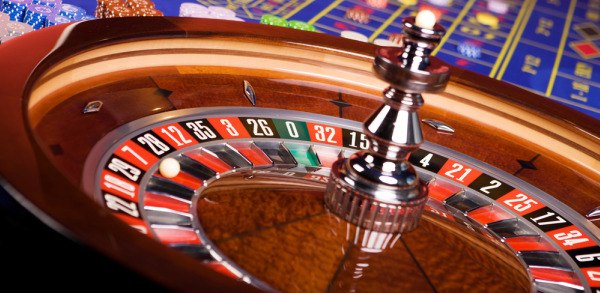Are some of your clients high rollers at the casinos or avid racetrack bettors? The tax law provides a little “tax insurance” for these gambling activities. Generally, you can deduct the amount of your losses up to the amount of your winnings if you keep the proper records. But you can’t deduct an overall loss or related business expenses unless you qualify as a professional gambler.
To qualify as a professional gambler – in other words, you’re in the business of gambling – you must show that you are legitimately engaged in gambling activities with the expectation of turning a profit. The IRS often contests these matters and usually prevails in the courts. In the latest example, a taxpayer who essentially lived at casino hotels ran out of luck (Boneparte, TC Memo 2015-128).
Here are the key facts: The taxpayer, a tunnel bridge agent for the Port Authority of New York and New Jersey, generally worked a 2 p.m. to 10 p.m. shift. He didn’t have a permanent residence. Instead, he kept his personal lodgings in a storage locker and usually hightailed it down to Atlantic City after his shift, 125 miles away. Upon arrival, the taxpayer would stay at a casino hotel and gamble overnight. If he had to work at Port Authority the next day, he would depart at 10 a.m.
During his gambling activities, the taxpayer befriended another kindred spirit. The two would discuss strategy and the friend often advised the taxpayer on gambling aspects and accompanied him to the casinos.
In 2010, the taxpayer gambled extensively, primarily playing baccarat as well as slots and other table games at casinos in Atlantic City. But he didn’t maintain any log or ledger of winnings and losses. He just kept records “in his head.” Although some of the casinos monitored his gambling activities, they could only provide imprecise averages over time. Nevertheless, the taxpayer claimed a $25,000 loss and more than $90,000 in business expenses as a professional gambler on his 2010 return.
Although you don’t actually have turn a profit as a gambler to deduct business expenses, you must have an honest and legitimate profit motive. Under the applicable regulations (Reg. Sec. 1.183-2(b)), the following nine factors are considered:
1. The manner in which the taxpayer carries on the activity;
2. The expertise of the taxpayer or his advisers;
3. The time and effort expended by the taxpayer in carrying on the activity;
4. The expectation that assets used in the activity may appreciate in value;
5. The success of the taxpayer in carrying on other similar or dissimilar activities;
6. The taxpayer’s history of income or losses with respect to the activity;
7. The amount of occasional profits, if any, which are earned;
8. The financial status of the taxpayer; and
9. The elements of personal pleasure or recreation.
No single factor, or group of factors, is determinative.
Most of the factors weighed against the taxpayer in this case. He didn’t maintain complete and accurate records of his gambling activities. Instead, he only kept a mental record of winnings and losses. The Tax Court wasn’t convinced that the consultations with his friend were significant. And there was no evidence that his expertise in other endeavors, mainly his job at Port Authority, prepared him to be a successful gambler. Bottom line: The taxpayer didn’t qualify for the write-offs.
At least there’s a silver tax lining for taxpayers who gamble extensively. Gambling losses claimed up to the amount of winnings are deducted as miscellaneous expenses on Schedule A, but they aren’t subject to the usual floor of 2 percent of adjusted gross income (AGI). The losses are fully deductible without regard to the AGI floor.
Thanks for reading CPA Practice Advisor!
Subscribe Already registered? Log In
Need more information? Read the FAQs




